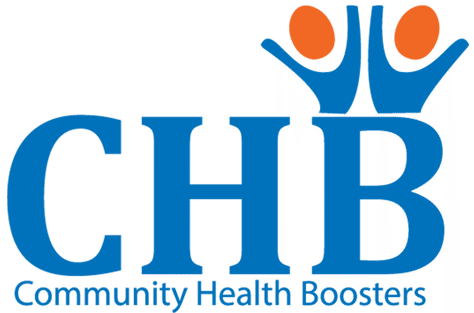
Heading: YAhealth Game: Youth and Adolescents Mental Health
This is a Mental Health game designed to be played by peers and peers, children and parents, teachers and students. Its main purpose is to create a rapid demand and increase awareness and uptake of mental health services among young people through social behavior change in a funny learning environment!
The game also practically helps players to learn more about mental health wellness and illnesses, Drug use and addiction and how one can cope with and avoid the use of drugs, and Life skills including the best practices and life styles that improves one’s mental health as well as that of people around him or her. All the information is designed to positively change attitudes and behaviors as well as mindsets. These include shifting the negative perceptions and misconceptions, dismantling stigma and embarrassment, and abolishing the discrimination around mental health. All messages delivered through this game are via a Question-Answer approach using the cards. The game can be played by 2-4 people. Moreover, this game breaks the silence, stigma, embarrassment, judgements, cultural barriers, misconceptions and myths around mental health.
By meaningfully engaging the young people in the funny learning, this board game contributes to improvement of mental health and equipping the youth with the related information and skills through; increasing key message retention, decreasing anxiety, increasing group cohesiveness, getting them to talk, helping youth learn from each other, energizing players, taking players’ minds off troubles, teaching social and life skills, building the thinking skills, offering a chance to “show off” knowledge, lightening up the setting and FUN!
These tools—both information and skills provided through this game— equip youth for a lifetime of high self-esteem, physical and emotional strength, loving relationships, improved mental health and well-being. These tools will also protect them from stigma and embarrassment, and isolation, discrimination, anxiety and depression that may arise from loneliness and other factors.

